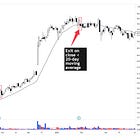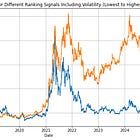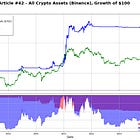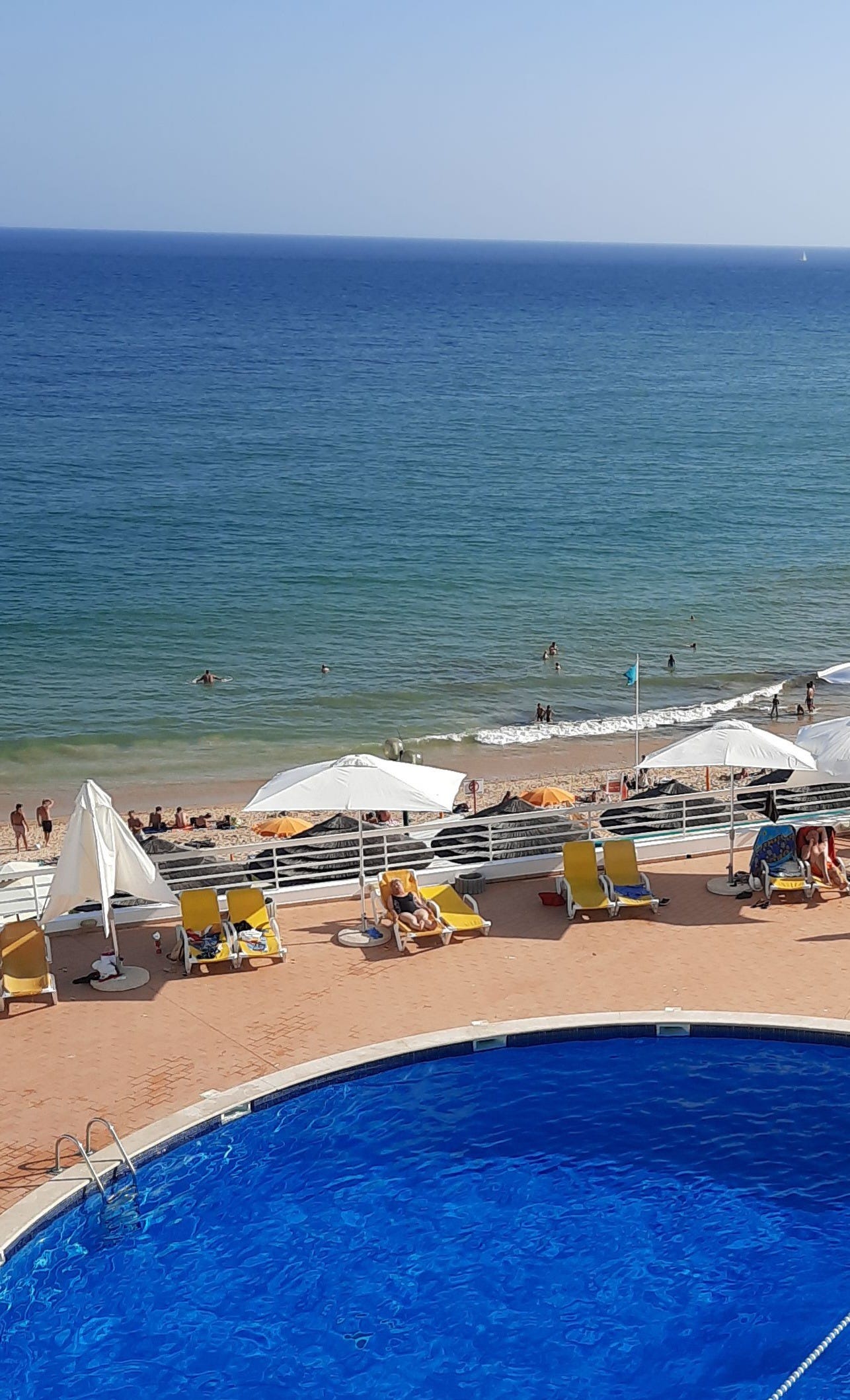Trading Doubled my Job Income
Unintended benefits of learning to trade
Hey there, Pedma here! Welcome to this ✨ free edition ✨ of the Trading Research Hub’s Newsletter. Each week, I'll share with you a blend of market research, personal trading experiences, and practical strategies, all aimed at making the world of systematic trading more relatable and accessible.
If you’re not a subscriber, here’s what you missed this past month so far:
If you’re not yet a part of our community, subscribe to stay updated with these more of these posts, and to access all our content.
It was December 2020, when I was still at my first job as a bookkeeper, and I was earning €1000 net a month.
Even though that is really low, crazy to think it was just 4 years ago, it was above average In Portugal, for a kid my age.
None of my friends earned that.
Considering that I only had a well below average high school diploma, from an unknown city in Portugal, I was not doing that bad.
At the time, I had a great year trading in 2020, and I was making way more than that on my trading.
But the job was not taking a lot of time from me, and to be fair, subconsciously, I knew 2020 was an outlier year.
No matter how much I told myself I had cracked the game, I knew that it wasn’t the case yet.
That year, I spent a big portion of my summer in the south of Portugal, Algarve.
I was enjoying my profits, and just soaking in all the years I had spent losing up until that point.
It was a great time.
I went to the pool in the morning, came back around lunch time to check on my algo, and went back to the beach in the afternoon.
I felt like I had made it.
But it didn’t last forever, and I had to get back to my job, when restrictions around that time lifted.
Considering how much I was making trading, I decided that the next step would be to quit my job entirely.
I was not going to go back to an cubicle after what I had achieved.
I figured that I could at least earn €1000 trading, why not focus full time on that.
As the summer was coming to an end, that thought became much stronger, and my interest for the job just went down the drain.
Here I am, a self-taught coder, had a working automated trading strategy, making more money trading than my job, and spending 8h of my day just to earn €1000 at that job.
It just didn’t seem logical.
I was already in the process of leaving, when I see an ad for a very interesting bookkeeping position.
It was an international company, and the salary would be double what I was earning at my job.
On top of that, the job was completely remote, which would again, give me even more freedom to pursue my trading career.
I figured I’d give it a try.
I always believed in taking asymmetric bets.
And in this case, the only investment I was going to make, was taking the time to improve my CV.
Even though they asked for a college degree, which I clearly don’t have, I still sent it anyways.
If I landed that job, the salary would already make me motivated enough to continue working.
To my surprise, they did come back with an answer, and I entered their lengthy recruitment process.
By the end of a 3 month process, I was the one that was chosen.
I was curious, because there were more than 100 applicants, if memory doesn’t fail me, so I asked them why pick me?
They said that even though there were more qualified candidates, they were interested in me because I had learned to code from scratch.
And coding in the finance department, would be something useful, that no one had.
There you go.
Learning to code for trading, doubled my salary just like that.
I never aimed for it, it just happened.
For a bit of context, once we negotiated the salary, and I signed the contract, I was earning more than the CFO at the previous company, that had decades of experience.
This is what can happen when preparation meets opportunity…
The job was completely remote, unlike the previous one, so that allowed me to scale my trading even further, while cash flowing my expenses and saving even more.
That decision alone, is a big reason why I’m here today.
I don’t know what would have happened had I not gotten that offer, because I wouldn’t have been able to scale into the next opportunity, as I did.
But that’s a story for another day.
To this day, I still think about the lessons from that.
There were many times, that I thought about quitting trading.
All that time learning this craft, and I just couldn’t break through.
The thing is, the time I spent learning, was never wasted.
On top of trading, I was learning skills that have high demand in the job market. I was learning:
Coding
Math
Statistics
Careful research
Logical thinking
Risk management
Finance
Business
All of those skills can be translated somewhere else.
And that is the point of asymmetric bets.
Every time I improved those skills, I was getting closer to being a better trader, but also giving myself a good plan B, in case trading failed.
Had I not learned them, I’d still be that bookkeeper earning €1000 a month, because I had no other skills.
Knowledge compounds, never neglect the unintended consequences, of stacking skills on top of your already acquired skillset.
And always take that bet, no matter how unlikely, we never know what can happen 😊
Have a great day!
Also if you’re looking to build your own systematic trading business, and don’t know where to start, or if you’re a company struggling to get a decent model performing, feel free to book a call with me, and let’s see how we can work together.
I work with both individual and institutional clients, and I’ve helped them save both money, and time, by focusing on solid principles, that I use for my own trading.
If you want to discuss the possibility of working with me:
Disclaimer: The content and information provided by the Trading Research Hub, including all other materials, are for educational and informational purposes only and should not be considered financial advice or a recommendation to buy or sell any type of security or investment. Always conduct your own research and consult with a licensed financial professional before making any investment decisions. Trading and investing can involve significant risk of loss, and you should understand these risks before making any financial decisions.







